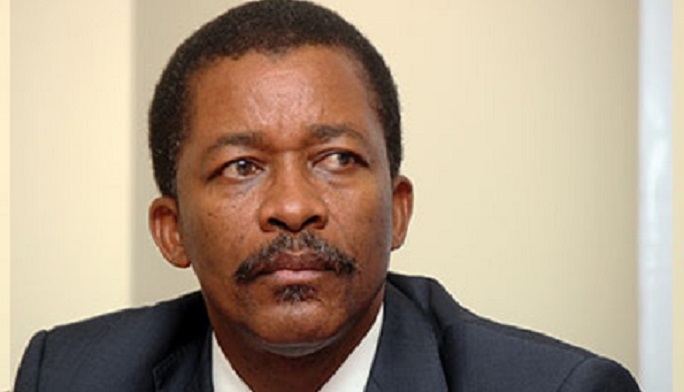Mozambique: Special Holiday for the City of Quelimane
Closure of Mozambican bank will have “terrible implications” – Bar Association

Lawyer Flávio Menete, chairman of the Mozambican Bar Association, said yesterday that the liquidation of Nosso Banco had taken everyone by surprise and would have “terrible implications”. Menete argued that it must be ascertained if there had been bad management at the institution.
“There are people who are going to lose a lot of money. There are they will get only 20,000 meticais (EUR 240.00) from the guarantee fund. And collective entities will have to fight with other creditors to get something back, if there is anything – because we do not even know that,” Menete said.
Speaking on the sidelines of the launch of ‘Order in the Rule of Law'[‘Ordem no Estado de Direito’], a book by his predecessor as head of the Bar Association, Tomás Timbane, Menete said that “the liquidation of a bank is an extreme measure with terrible implications”, and that depositors were caught by surprise after having deposited their savings [in the Nosso Banco bank] based on trust in a relationship.
On Friday, the Bank of Mozambique ordered the dissolution and liquidation of O Nosso Banco, majority-owned by the National Social Security Institute, as presenting “non-viable situation”, and activating the Deposit Guarantee Fund for depositors.
A Bank of Mozambique statement sent to Lusa stated that ‘O Nosso Banco’ was unable to comply with the restructuring plan outlined in 2014, which entailed a recapitalization and the changing of the management structure.
A second communiqué from the Bank of Mozambique announced the activation of the Deposit Guarantee Fund for natural persons residing in national territory and accounts in national currency limited to 20,000 meticais (approximately EUR 240).
Menete says “there is much work to do”, most pertinently ascertaining whether there was ruinous management at the financial institution.
“The Bank of Mozambique statement speaks of mismanagement and one wishes to know what this means so as to determine the level of responsibility and how far creditors and depositors can go to defend their rights and interests,” he said.
Menete said that “in the event of a serious situation where people have lost everything or are about to lose everything”, anything not resolved by the bank’s liquidation commission “must end up in court”.
On the role of the central bank as supervisor and regulator of the banking system, Flávio Menete suggests that it improves the communication of its assessments to each bank, given that the Mozambican population is “mostly not learned in accountancy.”
The liquidation of O Nosso Banco and the small Guarantee Fund repayments are generating a climate of concern regarding the Mozambican banking system, and the chairman of the Confederation of Economic Associations of Mozambique, the country’s largest business entity, has already warned of more financial institutions being declared insolvent.
Nosso Banco was founded in 1999 as BMI-Banco Mercantil and Investimentos, and changed its name last year. Despite being a private entity, the majority of the capital was held by the National Institute of Social Security (77 percent), while other shareholders include public company Eletricidade de Moçambique (15 percent) and SPI – Gestão de Investimentos, a company linked to top figures of the ruling Liberation Front of Mozambique (Frelimo) party.
This is the second financial institution that has been the target of central bank intervention since Rogério Zandamela was appointed head.
The Bank of Mozambique announced the suspension of Moza Banco’s board of directors and executive committee to “protect the interests of depositors” at the end of September but, unlike Nosso Banco, Moza Banco was not liquidated and is being prepared for sale.













Leave a Reply
Be the First to Comment!
You must be logged in to post a comment.
You must be logged in to post a comment.